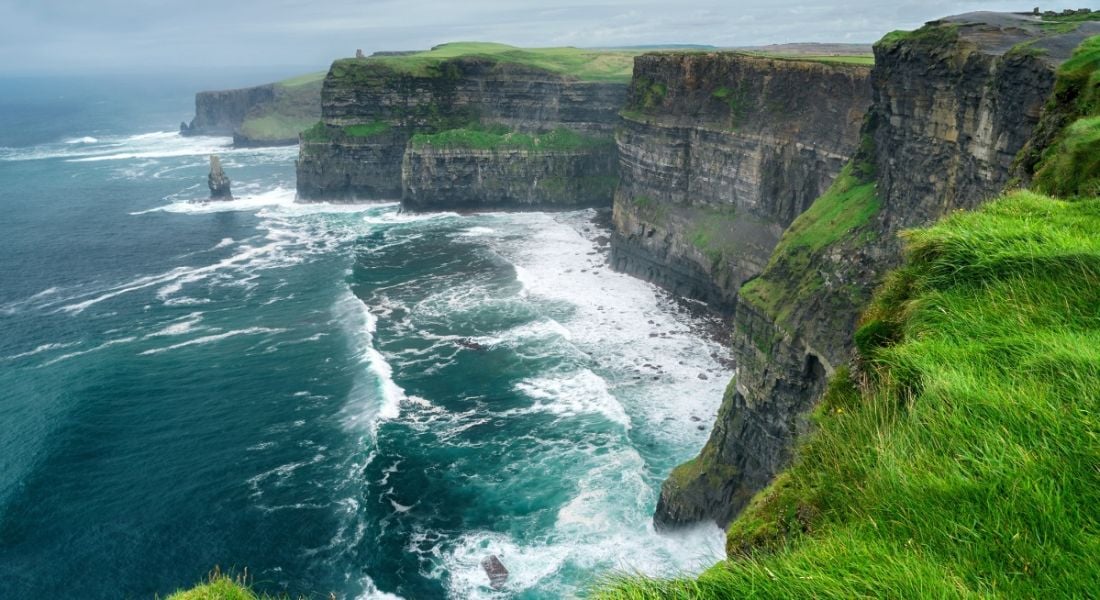Relocating for work can be a daunting experience, but not when you have a guide to make it a smooth transition.
Ireland is becoming a major hub for the sci-tech industry, attracting talent from all around the world. Bringing in global talent is great, but what is it like for those who have to make that move?
Relocating for work can be hard no matter how small the distance. But when it’s a completely different country, it can be even tougher. That’s why Aisling Brennan in Deloitte’s HR practice compiled a guide about living and working in Ireland.
She said the guide was designed for those who are living abroad or coming to Ireland for the first time. “We want to make sure their experience is positive, and they have all the information they need to settle into life in Ireland.”
The guide includes information on a range of topics including Irish business, moving to and living here, getting set up for taxation, and opening a bank account. There is also more specific information about the locations that have Deloitte offices. “Our aim is to ensure the transition to Ireland is as smooth as possible for our candidates. With that being said, there is a certain amount of research, planning and organising a candidate will need to do themselves prior to their arrival.”
Brennan said people relocating to Ireland should have a passport that’s valid for at least 13 months for a work permit application. They will need to ensure they have all of their important documents in order, such as birth certs and marriage certs, and these should be translated into English.
“They should get references from previous landlords, as this will help when trying to secure permanent accommodation,” Brennan added. Accommodation can be difficult to find in Ireland, so she advised that anyone relocating here should start looking as soon as possible and do plenty of research.
Brennan said that non-EEA candidates will need to register with immigration as well as obtaining an employment permit. “All new joiners from overseas also need to obtain a PPS number for tax purposes, register with the Revenue Commissioners and open an Irish bank account to have their salary paid into,” she said. “These are the most important and urgent ‘to-dos’ once you arrive in Ireland.”
Brennan said the most common pitfall international visitors fall into is not doing enough research before they arrive. She advised looking into the cost of living, the rental requirements and as much other information as possible before making the move.
Once those relocating have managed to get all their administrative details sorted and have arrived safely, it should be fairly plain sailing. However, when it comes to travelling, make sure you don’t forget to check the visa requirements you may need. It’s also worth finding out if you are able to exchange your home driving licence for an Irish one or if you will need to apply for one following the full driver licensing procedure.
“Once you have all the important administrative tasks out of the way, don’t forget to have fun and enjoy your experience in Ireland,” said Brennan.




